Alabama authors share tips from a lifetime of writing
BY EMMETT BURNETT
Alabama writers inspire us with page turning tomes, fiction and fact, essays and novels. Their prose radiates across the state, America, and for many, the world. Here are eight authors, columnists, journalists, and more – men and women of Alabama who have some words of wisdom for other aspiring writers.
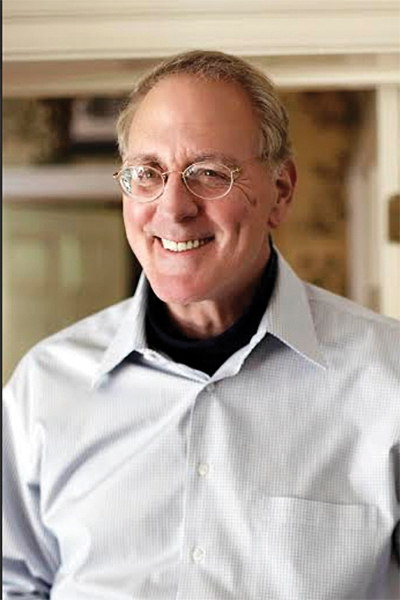 Winston Groom
Winston Groom
In the 1980s, Winston Groom visited his father in Point Clear, Ala., for lunch and reminiscing. “Dad recalled a young retarded man he knew, born about 1960,” Groom recalls. “Kids chased and ridiculed the boy. But the loving mom taught her son to play beautiful piano music.” Groom thought, “Maybe I can use dad’s description in a book.” He called it, Forrest Gump.
“It just flowed, almost like it wrote itself,” the Mobile-born author remembered. “I have never had that happen before and don’t think I will again.” The 1986 novel was made into an Academy Award-winning movie in 1994.
It started with a leap of faith. After a successful journalism career with the Washington Star, Groom resigned and moved to New York to write books. “It was a bold move, because I burned bridges,” he says. “If it didn’t work out, I knew I’d be too embarrassed to return.”
His latest book is the historical epic, El Paso, published in 2016. Now back in South Alabama, Groom says to aspiring writers, “Take that leap of faith. Tell yourself, I can do this. I will do this. I must do this. And just do it.”
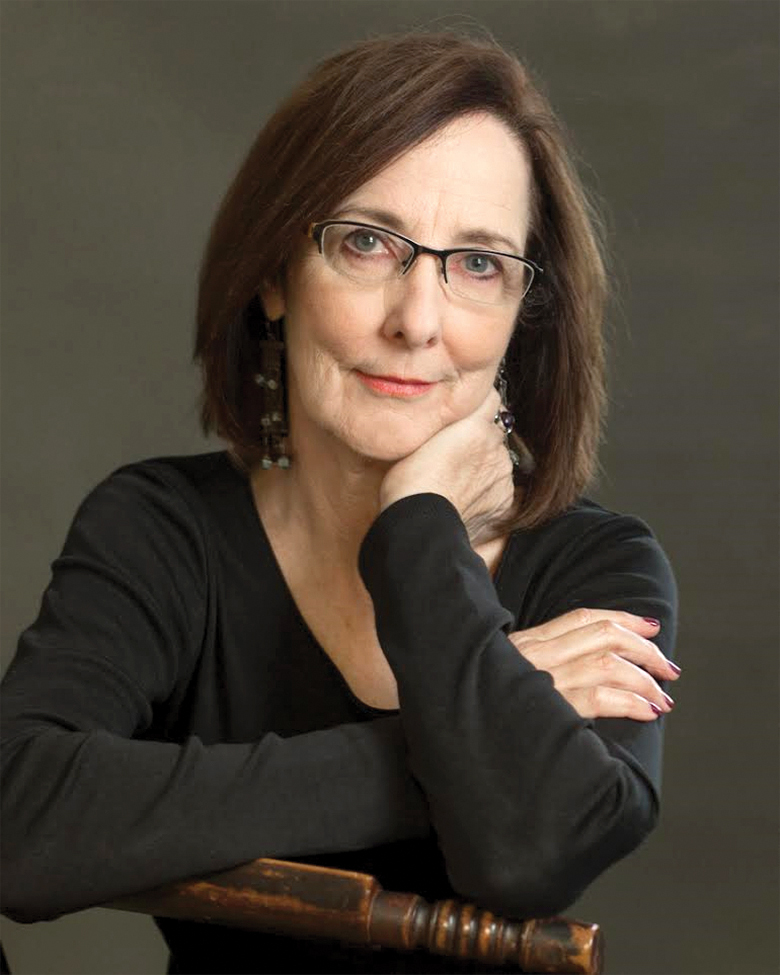 Jeanie Thompson
Jeanie Thompson
Decatur-raised Jeanie Thompson is a poet, author, teacher, director of the Alabama Writers Forum, and founding executive director of the Black Warrior Review literary journal. She is also, as she puts it, “a survival writer.”
“I find the time and way to write,” she says. “If I could spend two hours a day writing, I would. But my work life doesn’t make it possible. Generally, I write in concentrated amounts of time.”
During those “concentrated amounts of time,” Thompson has produced many works, including her latest, The Myth of Water, a collection of poetry through the voice of Helen Keller. It has been choreographed by Adria Feralli (Florence, Italy) and performed at Troy University.
Her writing tips? “Read – and don’t read works of people your own age or no better than you,” she adds. “Study the great writers. Take classes. Don’t work in a vacuum. If you want to be a great guitarist, listen to great guitar players, not someone no better than you. The same goes for writing.”
 Frye Gaillard
Frye Gaillard
Mobile’s Frye Gaillard came of age in the civil rights era. In the mid 1960s he attended Vanderbilt University, with the first class of African-American undergraduates. He wrote about race relations, civil rights, and Southern issues.
In the 1970s he became the Southern Editor for The Charlotte Observer. “I discovered I loved the journalistic process and asking people to share their lives with me,” he said. One of the most famous was dead.
Gaillard covered Elvis Presley’s funeral, standing at the King of Rock and Roll’s open casket. “I talked my way to Graceland’s front of the line and took notes as people passed the coffin,” he recalls. “There were 80,000 in line.”
A writer in residence at the University of South Alabama, Gaillard today has a stream of award winning titles, including Go South to Freedom.
He advises others interested in the business, “Pick writers you like, whose words and ideas move you. Find what they do that works. And as they say in the commercials, ‘Just do it.’”
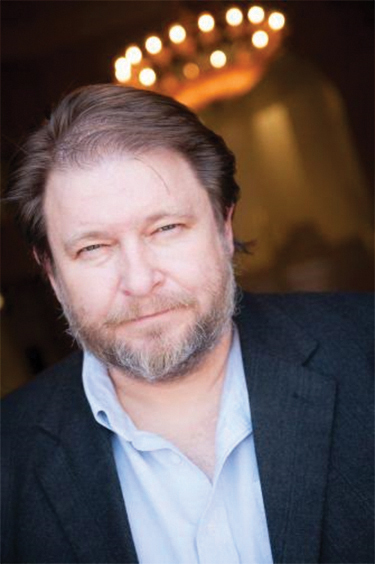 Rick Bragg
Rick Bragg
A former New York Times journalist from Piedmont, Ala., Rick Bragg has shared stories and taught his craft at Harvard University, the Poynter Institute for Media Studies, Boston University, the University of South Florida, and currently, the University of Alabama. But the author of best-selling memoirs, including All Over But the Shoutin’, says he learned from the best – childhood memories of the Appalachian foothills.
Bragg credits growing up in Alabama with his success. “I learned to listen to tales of the old people, pulp wood workers, Coosa River fishermen, chainsaw operators, cotton mill workers, and sweat shop laborers,” he says. “I have covered and written about Asia, the Middle East and all over the U.S., but the people of home who slung wrenches and picked cotton were among the best stories.”
The colorful imagery of Alabama mountain people inspired Bragg, but he tells other writers to develop their own voice. “Follow your footsteps,” he says, “and read. Reading helps you develop an ear for what sounds good. For me, it was writing about Alabama’s working people. I wanted to tell their stories. Find what works for you and do it.”
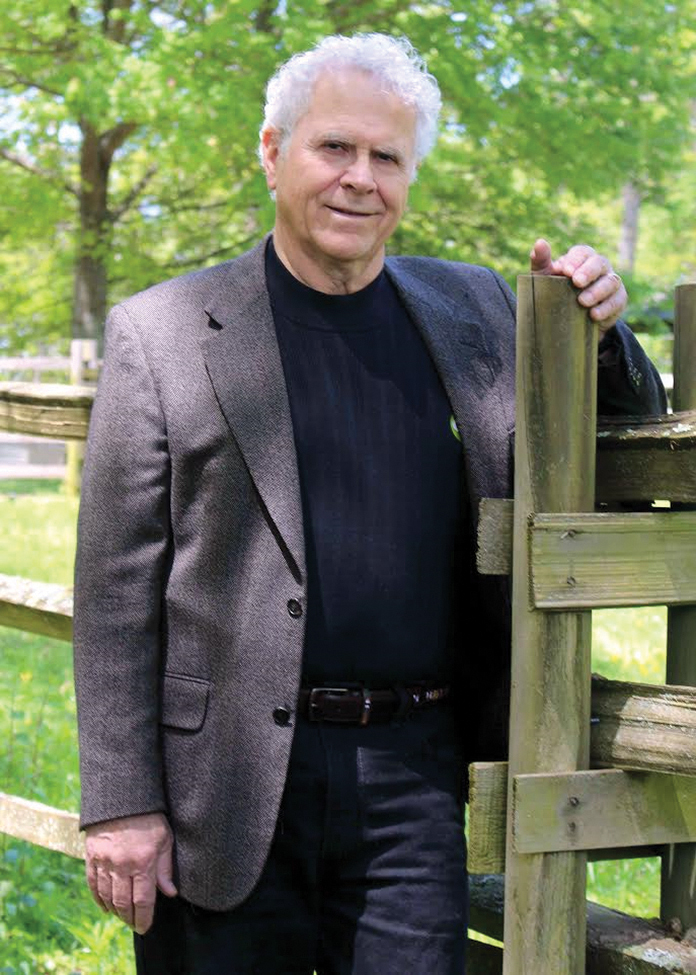 Homer Hickam
Homer Hickam
“One day you might make your living as a writer,” Homer Hickam’s third-grade teacher told her student. And Homer thought, “Why wait? I need the money now.” With a borrowed church mimeograph machine, the youngster printed a newspaper. Over the years, his career path changed. The writing passion did not.
In the late 1960s, after earning an engineering degree and Vietnam military service, the Coalwood, W.Va.-raised young man moved to Huntsville, working as a NASA engineer. “But something was missing in my life,” he recalls. Writing.
An avid diver, Hickam started freelance writing for SCUBA magazines and about sea adventures. Nautical and diving topics inspired his first book, about a German U-Boat in American waters, Torpedo Junction. He is a writer of memoirs (Rocket Boys was adapted into the movie, “October Sky” in 1999), historical fiction, and 18 books, including his recent, Carrying Albert Home.
Asked who is his favorite author is, Hickam replies, “I am! I love to read what I write but the hard part is, I have to write before I can read it.”
His tells followers, “Write. Even when you don’t feel like it, write. You have got to do it. Put it on paper. Most new writers give up. I count on that.”
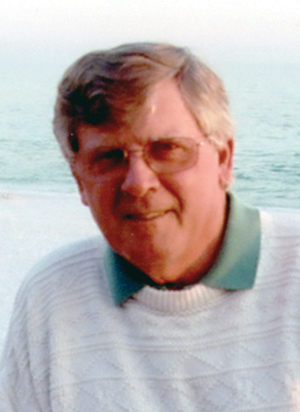 Hardy Jackson
Hardy Jackson
Hardy Jackson has authored or co-authored 15 Southern history books, including 2012’s The Rise and Decline of the Redneck Riviera: An Insider’s History of the Florida-Alabama Coast. He is an award-winning columnist for the Anniston Star and Alabama Living magazine with a statewide following, and professor emeritus of history at Jacksonville State University.
“I was blessed to have parents big on books,” he says. “And teachers made us write in school. I enjoyed doing it, especially sending notes to girls.”
Jackson is often asked how he finds ideas to crank out a column every week. “Things just strike me,” he says. “I write about topics that strike my fancy and I guess I’ve got a pretty good fancy.”
And for writing books, he adds, “I see history as a narrative, not names, dates, people, and time. You learn to know who you write about. You see their handwriting, read their letters, and are exposed to their likes and hates.”
He advises others: “Write, read and revise and learn the value of criticism. Writers cannot be thin-skinned. But so many are.”
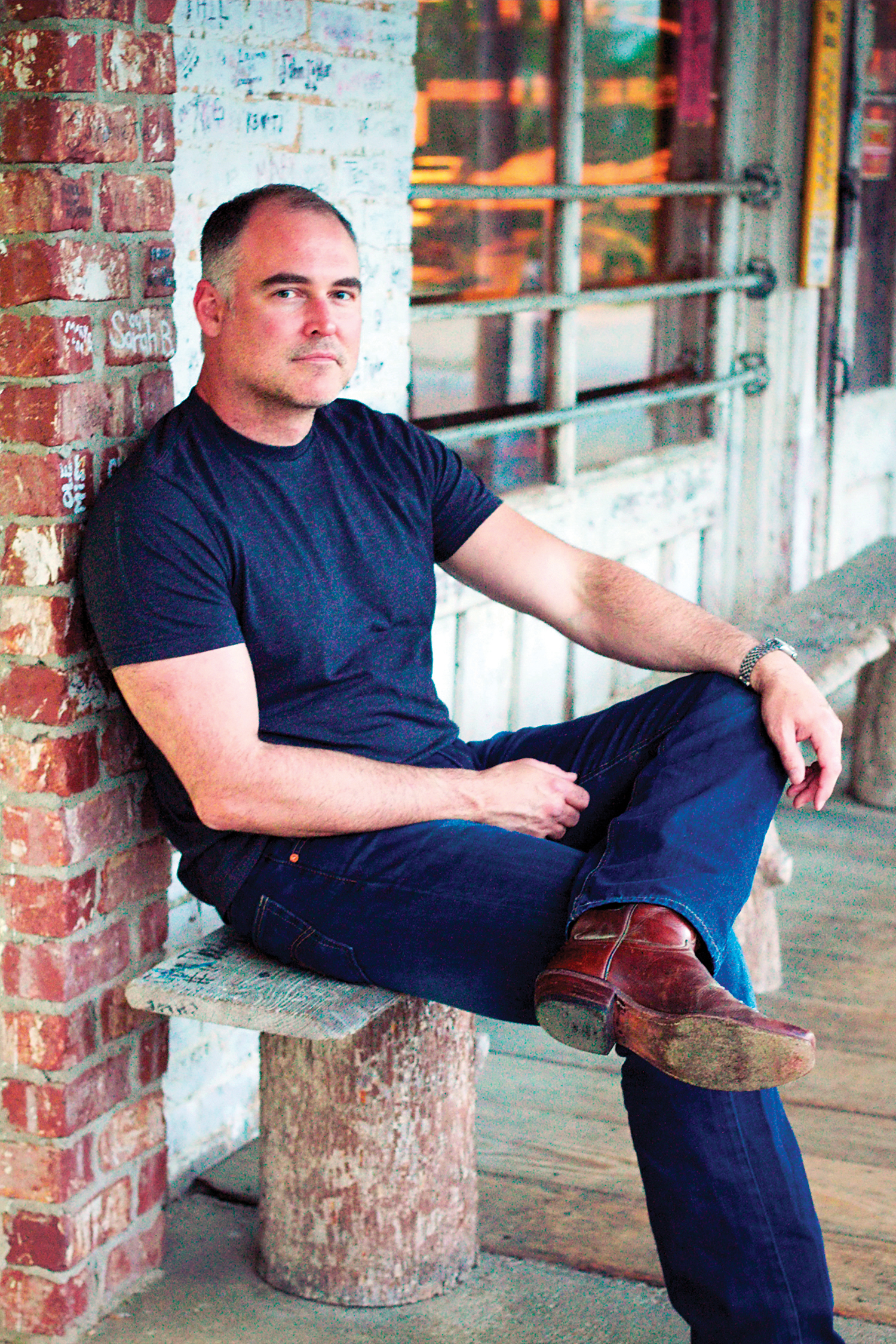 Ace Atkins
Ace Atkins
Award winner and Troy, Ala., native Ace Atkins is considered one of the best crime writers working today. It comes with experience, in part, gleaned from years as a Tampa Tribune journalist and crime beat reporter. And it comes from talent.
“You don’t get the pulse of a community until you write about the bad stuff that happens,” says Atkins, now living in Oxford, Miss. “Covering crime stories, I’ve been in a lot of police stations and eaten a lot of donuts.”
He believes regardless the characters – bad guys, hunters, ministers, or whoever – good research is vital. Atkins notes, “The only way to get it right is to hang out with the folks that do it.”
The author of 19 novels, including The Innocents, concedes, “Writing can be tough. There’s a difference between people wanting to write stories and people wanting to be professional writers. The latter doesn’t wait for opportunity to knock. You can’t wait for the muse to come through. Some days are exhilarating, others, frustrating. But push through. It separates pros from the amateurs.”
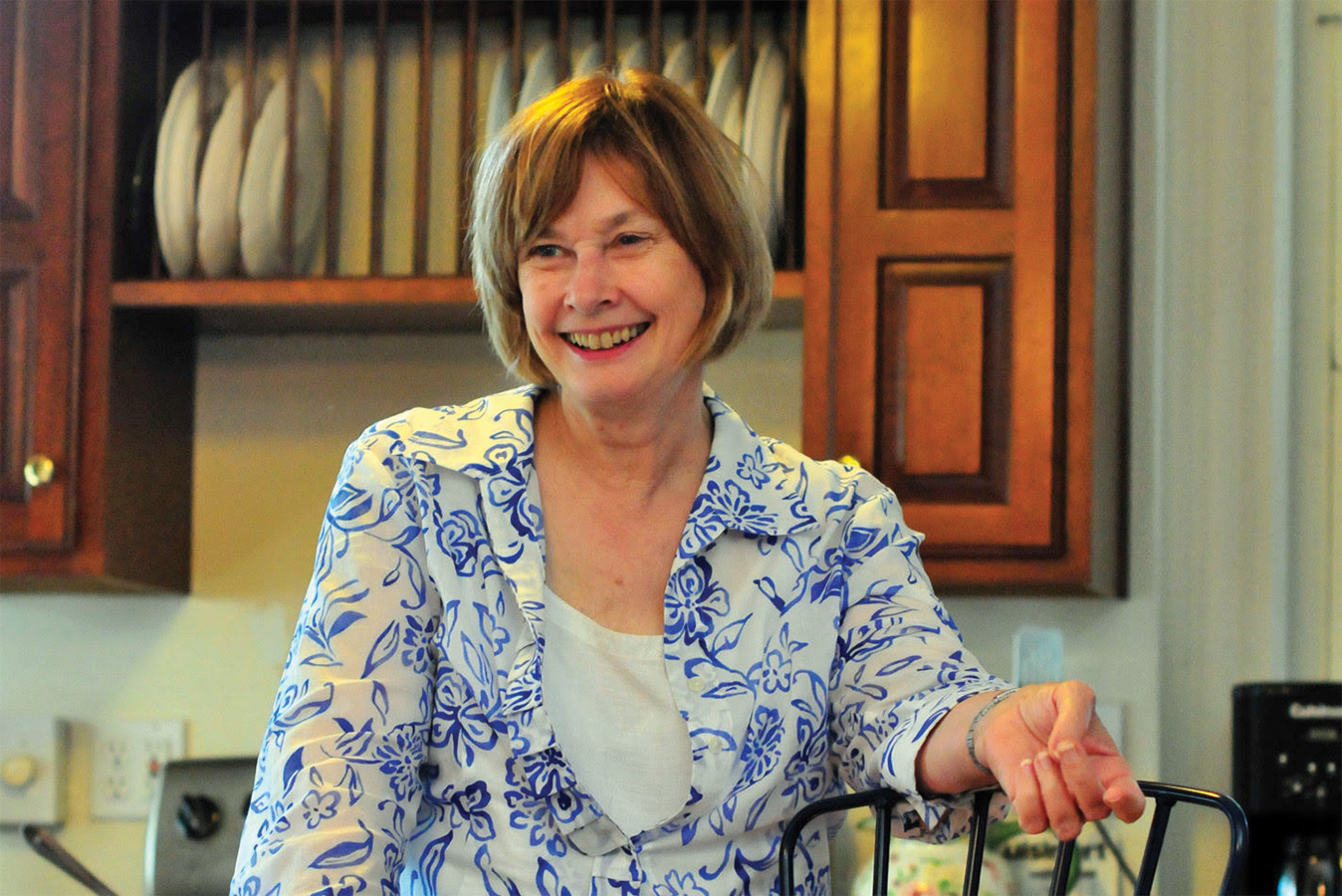 Sena Jeter Naslund
Sena Jeter Naslund
Sena Jeter Naslund recalls a life-changing experience, growing up in Birmingham. “I was age 10 in an un-air conditioned house, on a 95-degree steaming summer’s day,” she says. “I was reading a Laura Ingalls Wilder book about winter, and shaking cold, but why?” And the future New York Times best seller realized, “It was these words!”
One day she wanted to have word power too. Seven books, short stories, and other collections later, she does. The author of Ahab’s Wife and Four Spirits starts her day reading and revising. “It revitalizes me,” she says. “I return to the time and place I’m writing about.”
Her stimulus comes from research, talent, and dark chocolate. “I keep a huge supply,” she laughs. “If I need inspiration, a few bites of dark chocolate helps.”
But forget the glamorous writer’s life myth. She explains, “Sometimes words flow easily. Much of the time, it is difficult. Believe in yourself, be open to criticism, and find a day job.”
Events for literary lovers
Want to meet writers, hear some stories and support Alabama’s literary scene? Make plans to attend the Alabama Book Festival, which is coming up on April 22 in Old Alabama Town in Montgomery.
Among the authors scheduled to appear are Winston Groom and Frye Gaillard (see story).
Thousands of literary fans from around the state and the Southeast gather at the festival each year to meet authors and scholars, attend workshops and discover vendors and exhibitors.
For more information, visit www.alabamabookfestival.org, or call 888-240-1850.
Also coming up is the Alabama Writers Symposium in Monroeville, April 20-21. The annual symposium is a gathering of Alabama writers and scholars for readings and performances.
This year’s highlights include keynote speaker Yaa Gyasi, author of Homegoing, and recognition of Brad Watson, winner of the Harper Lee Award, and Michael Knight, winner of the Truman Capote Award. For more information, visit www.writerssymposium.org or call 251-575-8271.




